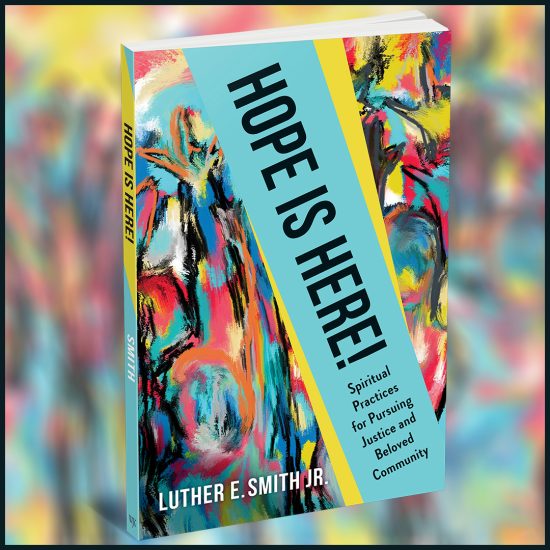
I think that Psalm 31 does something that most of us either forget that it’s okay for us to do or we just do not feel comfortable doing. It reminds us that it is okay for us to express our pain, frustration, and heartache about life to God and others in honest ways, and know that these expressions of pain are okay with God.

Terrell Carter
I understand this to be the main point of the psalmist because, as I read it, Psalm 31 reads like a petition, complaint, and confession, all wrapped up in one. This is done by the writer sandwiching their expressions of frustration between clear statements of faith in God and hope that God would do what the writer needed.
Psalm 31 began with the writer expressing a clear need for God’s help. This plea for help was affirmed in verses 1-8 through the writer’s repetition of words like trust, deliver, and protect that express their need for God to act on their behalf.
After expressing their need, the writer provided a laundry list of things that had gone wrong in their life that made them need God’s help so dearly. The writer was almost blind, in physical pain, they had weak limbs, and felt cast away. No one had sympathy on them because of their physical calamity. Instead, people looked at the writer in disgust and plotted to get the writer out of their community.
The way the writer described their condition reminds me of the blues singers my grandparents used to listen to. I can hear these types of words playing from an 8-track tape in our living room. “I’m ugly, nobody likes me, and everyone wants to do me in.”
But Psalm 31 was not a blues song. It was an earnest expression of the life condition of one of God’s followers. The writer did not hold anything back. They named their pain, the feelings that accompanied their frustration, and their dependence on God to heal and protect them. Theologians call this process lamenting. Lamenting is an acceptable response from God’s people to life’s challenges.

(Samuel Martins/Unsplash)
Like the psalmist, the naming of our pain can lead to us confessing hope in the one who takes away all pain. In verses 17-24, the psalmist confessed trust that God’s faithfulness was greater than their physical pain or the people plotting against them. The writer could proclaim this because, through life’s many ups and downs, they learned that God’s trustworthiness is one of the primary characteristics of being in relationship with God.
We can name our frustrations because of the character of the one whom we call out to. Embedded in the writer’s petition, complaint, and confession of hope in Psalm 31 is an acknowledgment of God’s character and how God’s character impacts God’s children. The testimony of God’s character is that God always rises to the occasion for God’s children. That rising may not always look like we want, but the rising always means that God is present and active.
We can also have peace because Jesus experienced the same process. Jesus quoted this Psalm as he died on the cross. In quoting this Psalm during the hardest point of his earthly life, Jesus named his pain and the weight he carried preparing to die for humanity. Yet in his obedience to God’s plan, Jesus ultimately rose up for all humankind, providing the remedy for all the pains and challenges we will ever experience.
May we have hope in knowing that, in Jesus, God has already heard our pleas for help and provided us with the physical and spiritual salvation we need. Amen.
Terrell Carter is vice president of community life and chief diversity officer at Greenville University in Greenville, Illinois, community team leader for Churchnet, and pastor of Webster Groves Baptist Church in Webster Groves, Missouri.






